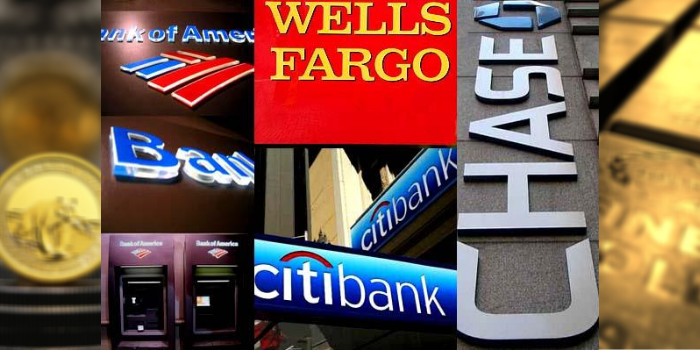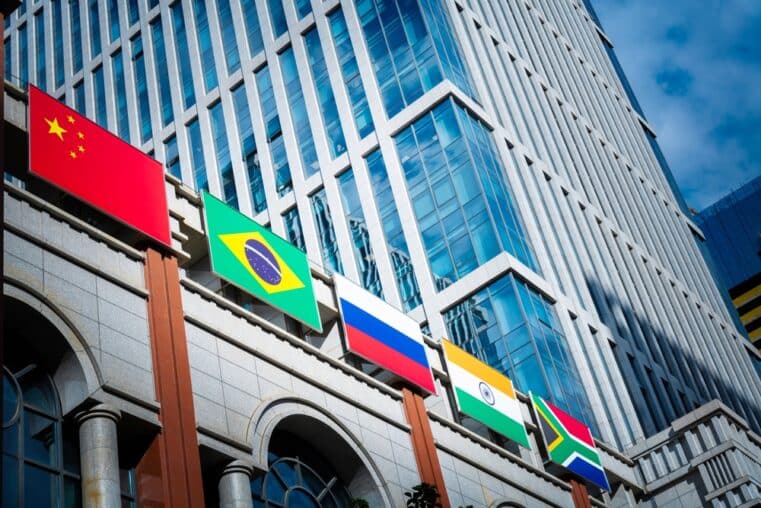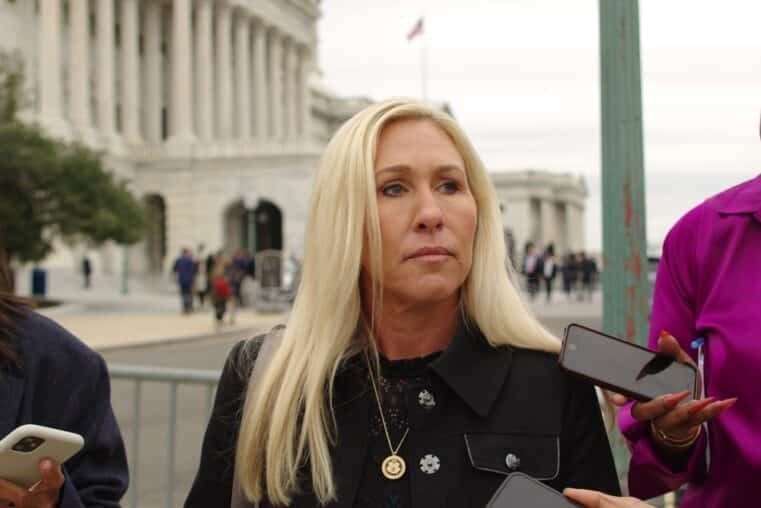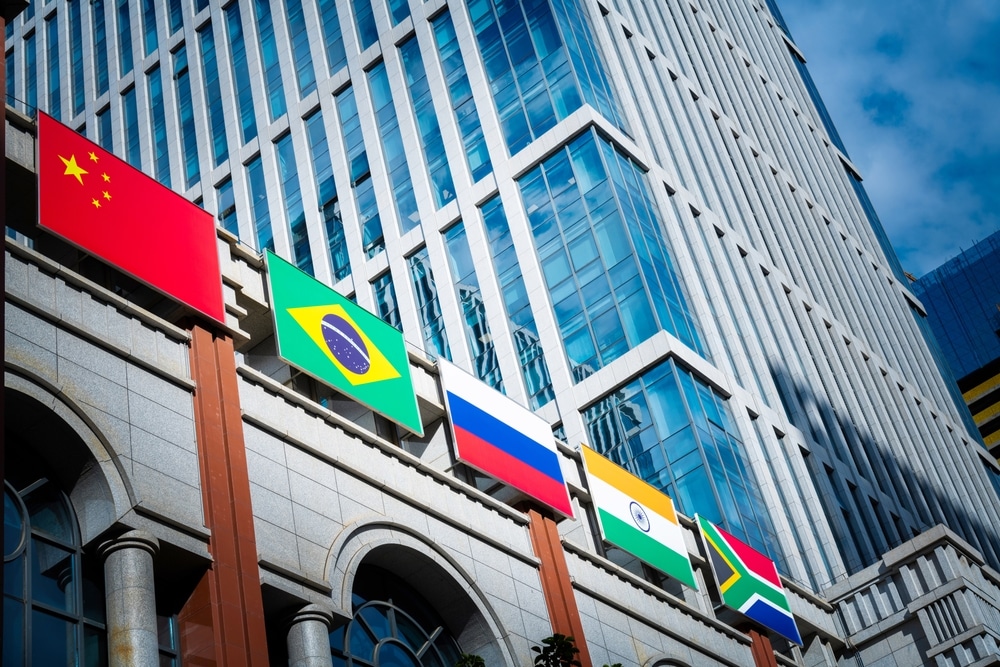
FinCEN Investigation: Here Are Banks Responses
EDITOR NOTE: Given the headlines surrounding the FinCEN Files investigation--where trillions of illicit dollars have been transacted across global banks, and thousands of suspicious laundering activities have been detected, often years after the onset of their operations--what do these banks have to say for themselves? To no one’s surprise: canned responses and statements of legal restrictions preventing them from commenting further. In short, nothing. They’re legally restricted--meaning “protected”--from stating anything substantial that may provide the truth. Can we assume that this lack in transparency goes far beyond the issue, one that pervades the banking culture itself with regard to truth to its operations? After all, their operations concern your money, and the global financial system at large.
Here are statements prepared by many of the world’s biggest financial institutions in response to questions about reporting in the FinCEN Files investigation. The investigation was based in part on 2,100 suspicious activity reports, or SARs, documents that banks file to the Treasury Department’s Financial Crimes Enforcement Network. By law, banks are not allowed to discuss or even acknowledge the existence of individual SARs.
Additional statement issued after initial publication:
“The fight against financial crime, money laundering and capital flight has been a priority for investigating authorities and financial institutions alike. The world’s leading financial institutions, including Deutsche Bank, have invested billions of dollars to more effectively support authorities in this effort. Naturally, this leads to increased detection levels. At Deutsche Bank we have devoted significant resources to strengthening our controls and we are very focused on meeting our responsibilities and obligations. This also includes implementing risk mitigants and, where appropriate, off-boarding customers and correspondent banking relationships. The ICIJ has reported on a number of historic issues. Those relating to Deutsche Bank are well known to our regulators. The issues have already been investigated and led to regulatory resolutions in which the bank’s cooperation and remediation was publicly recognized. Where necessary and appropriate, consequence management was applied. The bank has devoted significant resources strengthening its controls and we are extremely focused on meeting our responsibilities and obligations. To the extent that information referenced by the ICIJ is derived from SARs, it should be noted that this is information that is pro-actively identified and submitted by banks to governments pursuant to the law. SARs are alerts of potential issues, not proven facts.”
Standard Chartered:
“We take our responsibility to fight financial crime extremely seriously and have invested substantially in our compliance programmes. Standard Chartered has nearly 2,000 staff worldwide dedicated to preventing, detecting and reporting suspicious transactions, and all staff are trained in sanctions and anti-money-laundering compliance. In addition to investing to ensure we meet our regulatory obligations, we are active in public-private partnerships to help fight financial crime and raise industry standards. As a result of the investments and improvements we have made, U.S. and U.K. authorities have publicly acknowledged that the Group has undergone a comprehensive and positive transformation over the last several years.
"In 2019 we monitored more than 1.2 billion transactions for potential suspicious activity and screened more than 157 million transactions for compliance with applicable sanctions requirements. The reality of the global financial system is that there will always be attempts to launder money and evade sanctions; the responsibility of banks is to build effective screening and monitoring systems and we work closely with regulators and law enforcement to bring perpetrators to justice.”
JPMorgan Chase:
“We are legally precluded from commenting on most of the details in your inquiry."
"You asked us about our 2014 'How We Do Business' report and specifically about foreign correspondent banking. As we noted in that report, we exited several hundred foreign correspondent banks while we upgraded our control environment and systems. We acknowledged in that 2014 report that our existing AML controls needed improvement, and have since devoted considerable resources to comply with the laws and regulations governing anti-money laundering, terrorist financing and economic sanctions. Today, thousands of employees and hundreds of millions of dollars are devoted to helping support law enforcement and national security efforts. JPM has taken a leadership role in AML reform to drive the regime towards more proactive intelligence-led investigations and develop innovative techniques to help combat financial crime."
Deutsche Bank:
“This is not new information to us or our regulators. The presented issues which relate to Deutsche Bank date back to the years prior 2016, we ourselves reported them to our regulators and authorities and they have been to a larger part reported on by the media. We acknowledged past weaknesses in our control environment, we apologized for this and accepted our respective fines. Most importantly: we learnt from our mistakes, systematically tackled the issues and made changes to our business perimeter, our controls, and our personnel. Many of these historic issues relate to settlements in which regulators and authorities lauded the bank’s cooperation and remediation publicly. We have engaged in disciplinary consequences including on management board level when the facts warranted it. We worked and still work constructively together with the authorities. We have invested almost $1 billion in improved controls, trainings and operational processes, and have increased our anti-financial crime team to over 1,500 people. We plan to continue to increase this number further. We are a different bank now."
On SARs: “Legal restrictions prevent us and other banks from discussing potential SARs. This would be a criminal violation of US (and other) law. Banks file SARs on a regular basis in accordance with our legal obligations and as part of our partnership with regulators and law enforcement to protect the global financial system. We thus help the authorities to catch and prosecute those engaged in criminal activity. Deutsche Bank is actively monitoring for suspicious conduct and shares relevant findings with the authorities.”
HSBC:
“We do not comment on suspicious activity reporting. All of the information provided by the ICIJ is historic and predates the conclusion of our Deferred Prosecution Agreement (DPA) in 2017. Starting in 2012, HSBC embarked on a multi-year journey to overhaul its ability to combat financial crime across more than 60 jurisdictions. During that period, the Monitor fulfilled his role of identifying issues and making recommendations for improvement, and concluded that HSBC became a safer bank each year as a result of the Bank’s efforts. At the end of 2017, the Justice Department, having received all of the Monitor’s reports, determined that HSBC met all of its obligations under the DPA. HSBC is a much safer institution than it was in 2012.”
“In 2012, we launched our Global Standards initiative, which focused on putting in place the most effective standards to combat financial crime across our operations globally. As part of this effort, we designed and implemented new, globally consistent policies on AML and sanctions that often extend beyond the requirements of local laws and regulations. Among other steps, we hired experienced senior personnel to lead the effort and significantly increased our financial crime compliance capabilities; we put in place a robust investigations capability; we improved and expanded our financial crime compliance training initiatives; and we upgraded or replaced key compliance IT systems, with over $1bn spent since 2015. We also increased the number of staff in our financial crime compliance function from a few hundred in 2012 to around 5,000 in 2017. In parallel with our reforms, we dramatically reduced our financial crime risk profile, exiting jurisdictions, curtailing business in other jurisdictions and closing the accounts of existing customers.
"The goal of any financial crime compliance programme is to detect and prevent financial crime. One way we do that is through transaction monitoring and sanctions screening. Each month, we screen over 689 million transactions across 236 million accounts for signs of money laundering and financial crime. In addition, we screen approximately 131 million customer records and 40 million transactions monthly for sanctions exposures. During 2019, we filed almost 50,000 suspicious activity reports to law enforcement and regulatory authorities where we identified potential financial crime.
"Though we have made significant improvements in our financial crime compliance programme, we are continually seeking ways to improve. That includes investing in and developing new technologies that we believe will enable us to make a significant impact on the fight against financial crime by allowing us to detect potentially illicit conduct with greater precision than traditional technologies allow.
"Our global social network analytics platform, which we launched in 2018, enables us to identify links between different customers and transactions, making it easier to see where there might be criminal networks. In 2019, the platform won two industry awards: the Celent Model Bank Award for Risk Management and The Banker’s Tech Project Award for Compliance. In August 2019, we became the first bank to introduce a system that will automatically screen all our trade finance transactions for potential signs of financial crime.”
Bank of New York Mellon:
“BNY Mellon takes its role in protecting the integrity of the global financial system seriously, including filing Suspicious Activity Reports (SARs). As a trusted member of the international banking community, we fully comply with all applicable laws and regulations, and assist authorities in the important work they do. By law, we cannot comment on any alleged SAR we may have filed or that may have been illegally disclosed by third parties to the media.”
Citibank:
“Consistent with our commitment to protect the integrity of the financial system, Citi is diligent in filing Suspicious Activity Reports with the U.S. Department of the Treasury when appropriate. Given the confidential nature of these reports, we do not comment on or confirm any particular report or transaction.”
Bank of America:
“Given the law around SARs, we cannot comment.”
Barclays:
"1. Financial crime weakens financial institutions and we have a shared interest, in addition to our legal obligations, to prevent it. The potential financial, legal, regulatory and reputational damage to any institution from financial crime is intense.
"2. Suspicious Activity Reports (SARs) are a key part of the process by which law enforcement agencies gather evidence on possible financial crime matters. In common with other banks, we typically file thousands of SARs and other similar reports globally each year – this is a common and required practice in the financial services industry.
"3. Financial institutions must file SARs on any activity that appears suspicious. SARs are not however themselves evidence of criminal conduct and simply reflect a snapshot taken at a particular point in time of the information then available. In the majority of cases, we continue to investigate and monitor account activity after SARs are filed, at times working in conjunction with law enforcement agencies. In most cases, accounts are not closed after SARs are filed.
"4. Financial crime is, by its nature, complex and difficult to detect. We analyse information about our clients and their activities over time. Criminal activity which may seem obvious with hindsight is often only uncovered as a result of careful evidence gathering after the event in question has occurred or after a SAR has been filed.
"5. If we conclude we have financial crime concerns, we take appropriate action and have done so in numerous cases over the years. As you will appreciate, terminating client relationships is not something we take lightly. Given the filing of a SAR is not itself evidence of any actual wrongdoing, we would only terminate a client relationship after careful and objective investigation and analysis of the evidence, balancing potential financial crime suspicions with the risk of ‘de-banking’ an innocent customer and our obligation to treat customers fairly.
"6. You will be aware that there are various initiatives to improve the degree of transparency around how corporates and other structures hold money around the world. We think these are supported by the major banks and they should make the process of due diligence on clients a lot easier.
"7. U.S. criminal law prohibits the unauthorised disclosure of SARs or information about SARs. We are therefore not permitted to comment on whether a SAR has been filed, or on the contents of any SAR that may have been filed, even when the SARs in question may have been publicly disclosed. We are also not permitted to comment on individuals or businesses, including to confirm whether they are or have been a client. We are therefore unable to comment on the specific points in your letter.
"8. But for the avoidance of doubt, we believe that we have complied with all our legal and regulatory obligations including in relation to U.S. sanctions. We would also refer you to the report by the U.S. Senate Permanent Subcommittee of Investigations entitled 'The Art Industry and U.S. Policies that Undermine Sanctions', published on 29 July 2020. That report covers many of the issues raised in your letter and highlights the extensive investigative work undertaken by Barclays, and also our significant cooperation with relevant authorities."
American Express did not respond.
First Republic Bank declined to comment.
Danske Bank:
“We cannot comment specifically on these matters as they are part of ongoing investigations by the authorities. However, as we have previously said, it is clear that we should have never had that portfolio of non-resident customers. It is also clear that we were too slow in realising the extent of the issues and to close it down. Combating financial crime and money laundering is a key priority for Danske Bank. Overall, we are now in a different position with respect to combating financial crime and money laundering than when the situation in Estonia developed between 2007 and 2015 and have terminated the non-resident portfolio of customers in Estonia. We have significantly increased our resources dedicated to compliance and combating financial crime across the bank and have invested heavily in IT systems. We will continue to invest in the area and strengthen the knowledge and culture of compliance across the bank to continue to improve our financial crime defences.”
Commerzbank:
"Please understand that, due to banking secrecy and the Money Laundering Act, we do not comment on actual or non-existing customer relationships.
"Compliance is a high priority at Commerzbank. Since 2015, we have invested a total of more than 800 million Euros in the area of compliance, thereby strengthening the global compliance management system in a targeted effort. We use this to prevent and uncover illegal activities. At the same time, we have provided targeted training for our employees and significantly increased the number of employees.
"The fact that we take compliance seriously is also demonstrated by the fact that we successfully completed the audit by the monitor used by U.S. authorities within a short period of time.
"We use the findings from monitoring transactions and customers to further reduce our risks.
"Suspicious transactions are reported to the relevant authorities as part of our regular transaction monitoring.
"As early as 2013, we discontinued our global banknote trading activities, i.e. the supply and safekeeping of banknotes, due to business policy considerations. In addition, we have significantly reduced the number of international partner and correspondent banks since 2015. Apart from income-, cost- and risk-related aspects, regulatory requirements played an important role in this context.
“Since 2015 we have invested extensively in our compliance and are implementing the regulatory requirements. The number of international partner and correspondent banks of Commerzbank is currently in the low four-digit range. Please understand that we will not comment any further.”
VEB:
“First of all, we would like to stress, that VEB.RF Group companies have never been involved in any illegal activities. We should also note that we have never been approached by U.S. (or any other) authorities in relation to the allegations made in your letter, although some of them date back a decade.
"According to your letter, the investigation is based on 'thousands of suspicious activity reports' (SARs). We note that unauthorized disclosure of SARs is a serious crime. To that end we would point you to a statement by the Financial Crimes Enforcement Network made in response to information about various media intending to publish a series of articles based on unlawfully disclosed SARs and other sensitive US government documents. The statement dated 1 September 2020 stresses that 'the unauthorized disclosure of SARs is a crime that can impact the national security of the United States, compromise law enforcement investigations, and threaten the safety and security of the institutions and individuals who file such reports'.
"Moreover, we cannot verify the authenticity of the SARs that you have presented in your request, as there has never been any similar requests from the US authorities, any public or private body. Given the serious issues raised by the illegal disclosures of the SARs, we believe it is not appropriate for VEB to be involved in the preparation of the article you intend to publish, including by commenting on the allegations made therein. Nor do we think it is appropriate to publish an article containing these illegal disclosures.”
Bank of China did not respond to requests for comment.
Wells Fargo:
“Wells Fargo has robust anti-money laundering policies and procedures in place, and we follow all applicable financial crimes-related laws and regulations. We are unable to provide any further comment.”
Bank Policy Institute, a financial services industry lobbying organization:
“It does not make sense that the basis for media allegations that banks knowingly hid illegal activity consisted solely of Suspicious Activity Reports that those banks filed alerting law enforcement to that very activity. Clearly, there is more to this story, but unfortunately the reporting failed to unearth it, and the banks are legally prohibited from telling their side. In some cases, if the past is any guide, that story likely includes law enforcement asking a bank to keep open an account it has identified as suspicious so that law enforcement can track where the money is going and gather further evidence to support an arrest and conviction.”
Originally posted on BuzzFeed News











